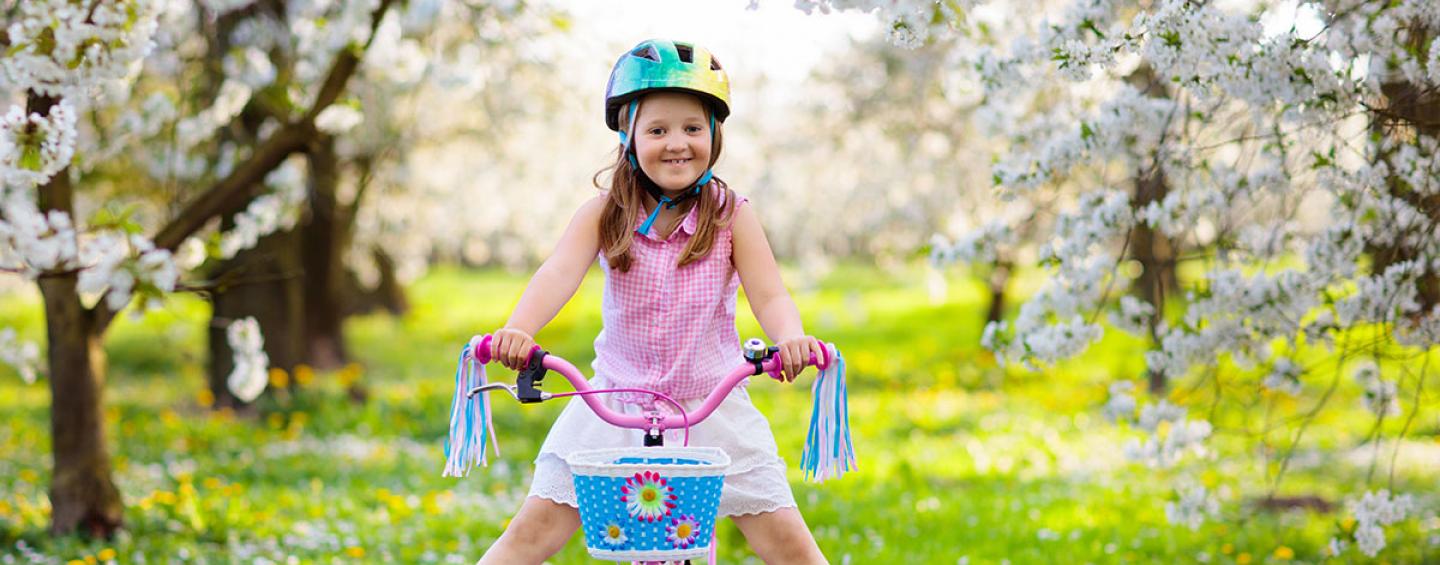
The Netherlands: the best place to raise children
This article is written in collaboration with our partner: Big Ben Kids
In September 2020, the Netherlands again ranked first for raising the happiest children compared against 41 other wealthy countries. The study by UNICEF measured the mental and physical well-being, as well as academic and social skills of children aged zero to 18.
There are many theories on why the Netherlands is home to the world’s happiest children, but many agree that it is a combination of numerous things. In this article, we take a look at how a democratic approach, active parental participation, and the country’s investment in dedicated children’s play areas, and quality early childhood education, contributes to the happiness of children.
Democratic approach
A child’s opinions and views are valued and heard in the Netherlands. In fact, children are encouraged to voice their opinions at a young age. Schools and (international) childcare providers often work with a children's council that meets regularly to discuss and participate in decisions on current topics.
Active parental participation
The Netherlands scored highly in the area of mental and emotional wellbeing according to the UNICEF report. This is closely linked to high-quality family relationships. The Netherlands also ranks first in work-life balance, allowing time for both parents to be fully engaged in the development of their children. Policies like paid maternal and paternal leave, care leave to look after a sick child, and child benefit packages are also contributing factors.
Space to play
The Dutch government encourages cities to promote the rights and interests of children through local initiatives such as reserving three percent of residential areas for children's playgrounds, sandboxes, and more. In the Netherlands, it is not unusual to find more than one playground, soccer field, and fitness area per neighbourhood.
High quality early-childhood education and care
Experts believe that play is essential to development because it contributes to the cognitive, physical, social, and emotional well-being of children and youth*.
In the Netherlands, there is a strict legal quality framework in place; and there is no specific curricula, only developmental goals for children aged 4 and older (source: OECD). Most schools and (international) childcare providers adopt the learning through play approach, preferring to eschew from academic performance as a measure of success. This minimises the stress on children to perform, making schooling a pleasant experience.
Additionally, preschool and day care attends to the social and emotional development of children as well as their cognitive development. Which has shown to help children adjust to the school setting, and even enhances children’s learning readiness, learning behaviours, and problem-solving skills.
Big Ben Kids provides day care, after school care and holiday and summer camps supporting children in recognising and developing their talents as well as their future potential. The parents are actively involved, informed, and supported in our international community.
For more information about child care and development, join our CONNECT Webinar – Families and Children on 20 May!